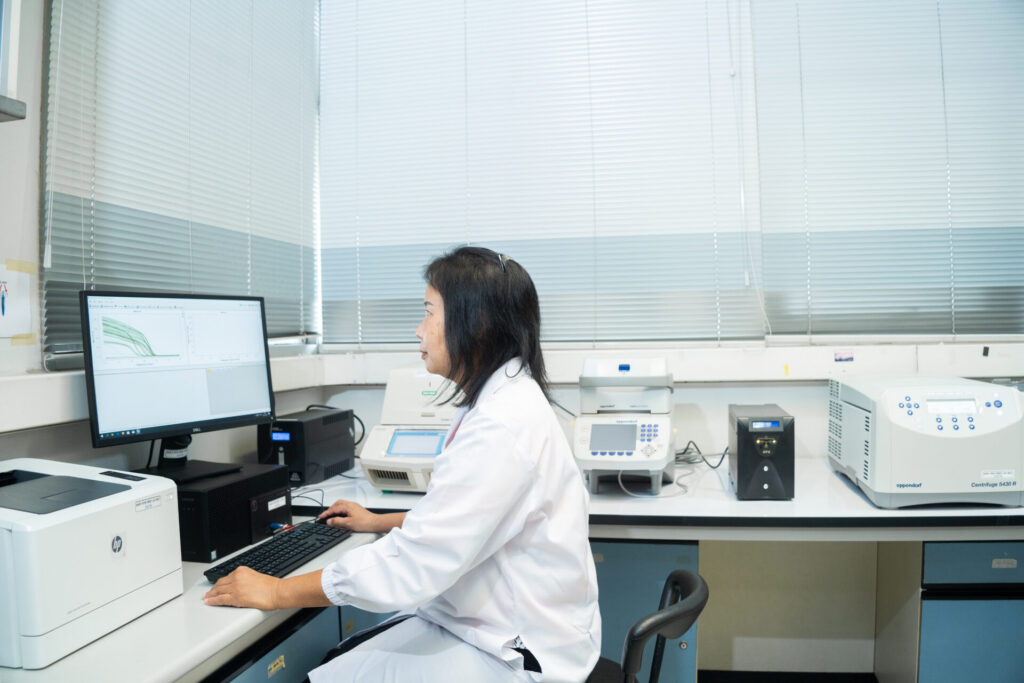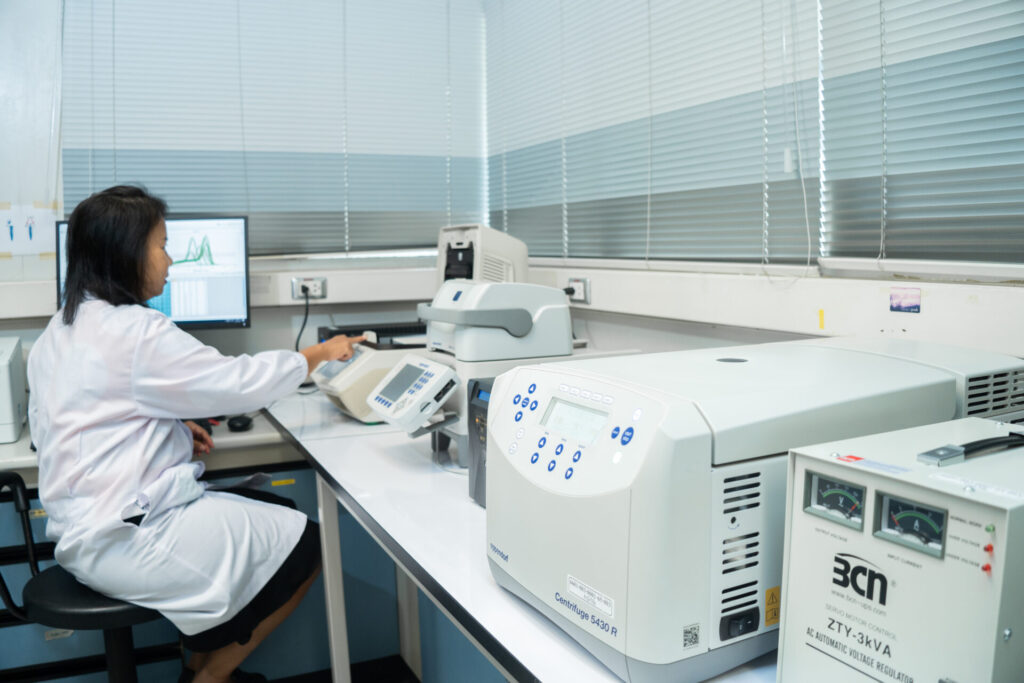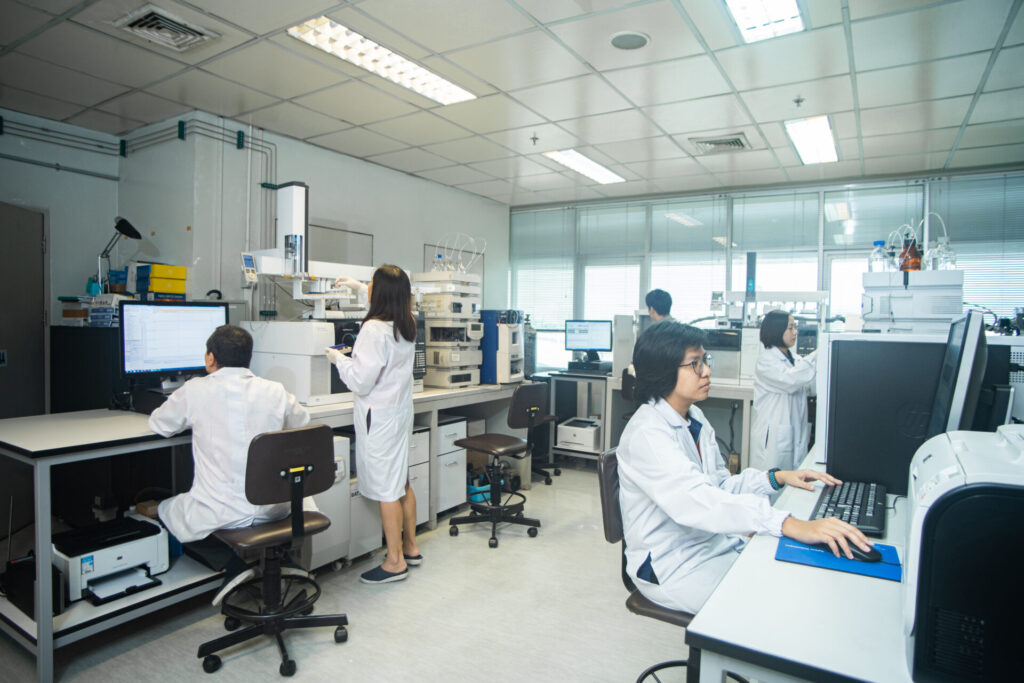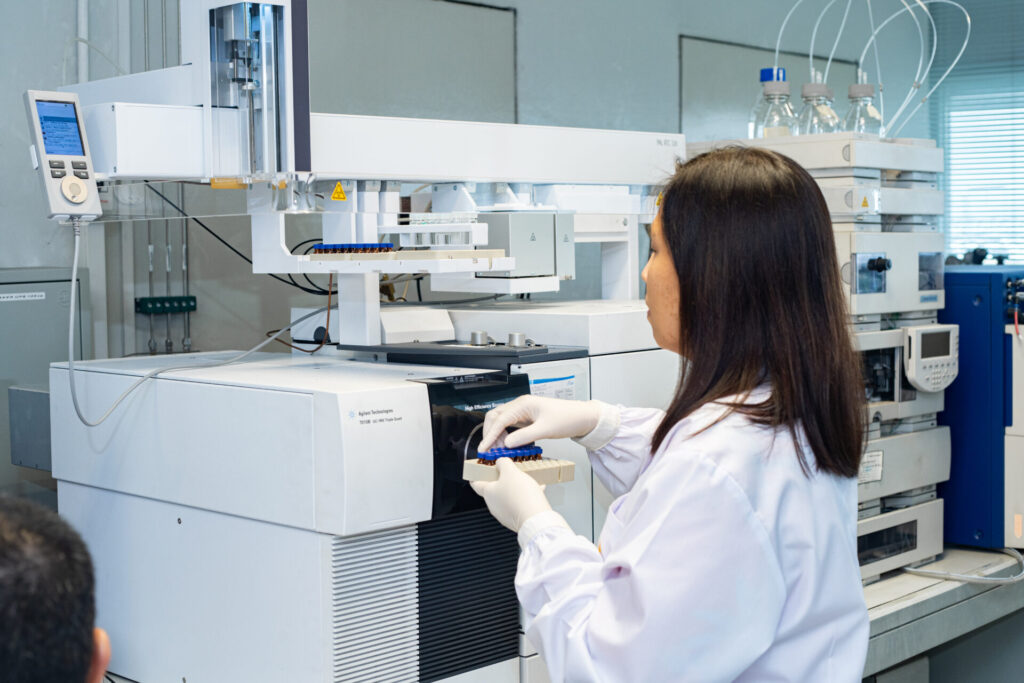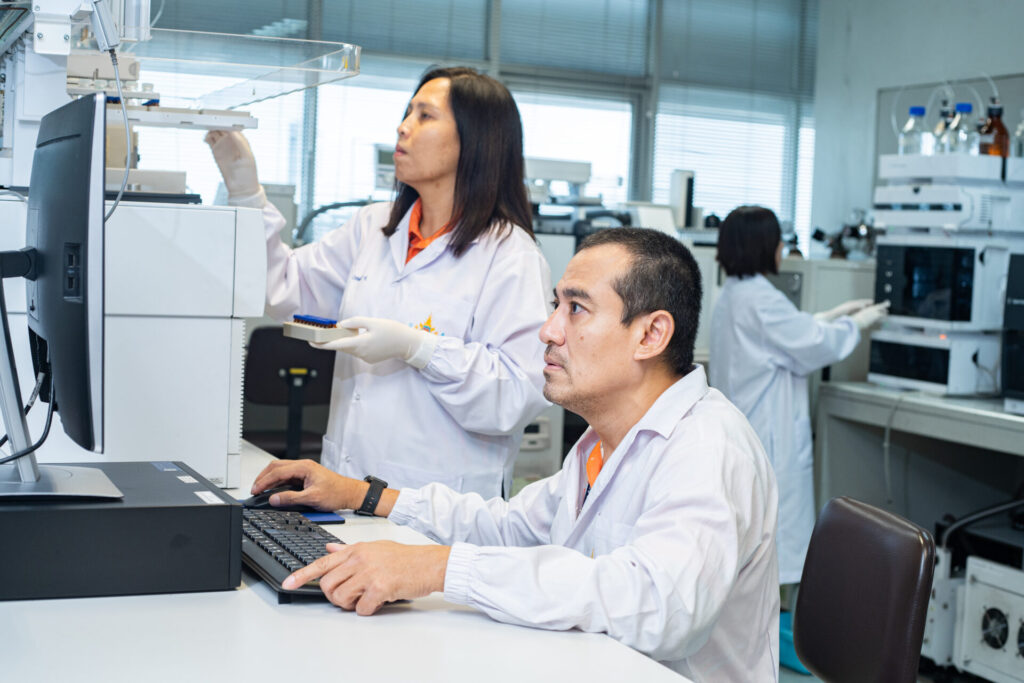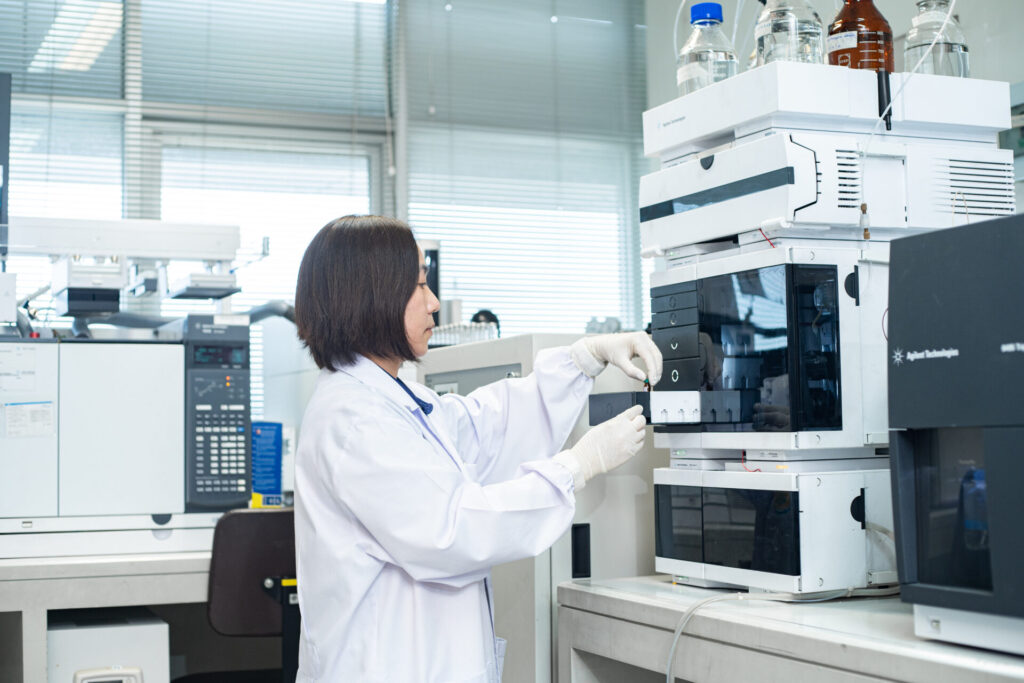Impacts of exposure to genotoxic air pollutants in susceptible populations
Air pollution is a global issue with serious health impacts to the health and disease status of the public. WHO reported that air pollution is strongly linked to mortality and morbidity from effects on the respiratory and cardiovascular systems, as well as cancer. Thailand and other countries in the region are affected by problems associated with air pollution. Genotoxic air pollutants, in particular, have significant potential impacts on human health. Polycyclic aromatic hydrocarbons have been associated with lung cancer, while volatile organic compounds, such as benzene and 1,3-butadiene, have been associated with leukemia incidence. These pollutants have many sources, including combustion, as well as production and use in the industrial sector.
CRI thus focuses on research on the effects of exposure to air pollution on the health of the public, using principles of molecular epidemiology and utilizing various biomarkers, including biomarkers of exposure and biomarkers of early biological effects, such as effects on DNA. The Laboratory of Environmental Toxicology has conducted molecular epidemiological studies on the impacts on health in exposed populations, i.e., those living in Bangkok, using biomarkers of exposure and early biological effects to assess health risks in these populations. Results showed that susceptible populations who are exposed to these genotoxic air pollutants from traffic-related sources (e.g., traffic policemen, street vendors and school children in Bangkok), from their work (e.g., petrochemical factory workers), or through other sources, such as from incense smoke from religious activities in temples, had PAHs, benzene and 1,3-butadiene exposure levels that were higher than in the respective control populations. It was also shown that the levels of associated biomarkers of early biological effects, e.g., DNA strand breaks and 8-hydroxydeoxyguanosine, were higher, while DNA repair capacity was lower in these exposed populations. The DNA damage that was detected was associated with the levels of exposure to these genotoxic air pollutants. This increased DNA damage and decreased DNA repair capacity may lead to an increased risk of cancer in these populations.
This research has been published in peer-reviewed international scientific journals with numerous citations, resulting in the research being awarded a Special Award in the Better Air Quality conference in 2008 and the “Excellence in Science” award from Committee on Science, Technology, Communications and Telecommunications of the Senate of Thailand in 2012. The research findings have also led to an increased awareness and policy measures for monitoring levels of genotoxic compounds in air, as well as measures to reduce levels of certain genotoxic compounds, e.g., benzene, in gasoline from 3.5% down to 1% in Thailand in 2007. Results from the incense smoke study, published in the journal of Chemical-Biological Interactions, and selected as one of the top three science-related news items in Thailand in 2008, also led to recommendations by the Department of Disease Control and the decision by many temples to reduce the use of incense sticks, or to use them in well-ventilated areas to reduce exposure levels for the public.
Other research on air pollution at CRI includes the study of health effects from exposure to volatile organic compounds in communities around the Map Thaphut Industrial Estate in Rayong province and a study under a 2017 UNEP project entitled, “Air Quality Assessments for Health and Environmental Policies in Thailand”, which CRI undertook in collaboration with Mahidol University, Thammasat University, the Department of Pollution Control, and the Department of Health. This latter study looked at the association between environmental monitoring data for PM2.5, PM10 and ozone, and health survey data for respiratory, cardiovascular, and other diseases in Thailand, as well as estimation of economic impacts.
